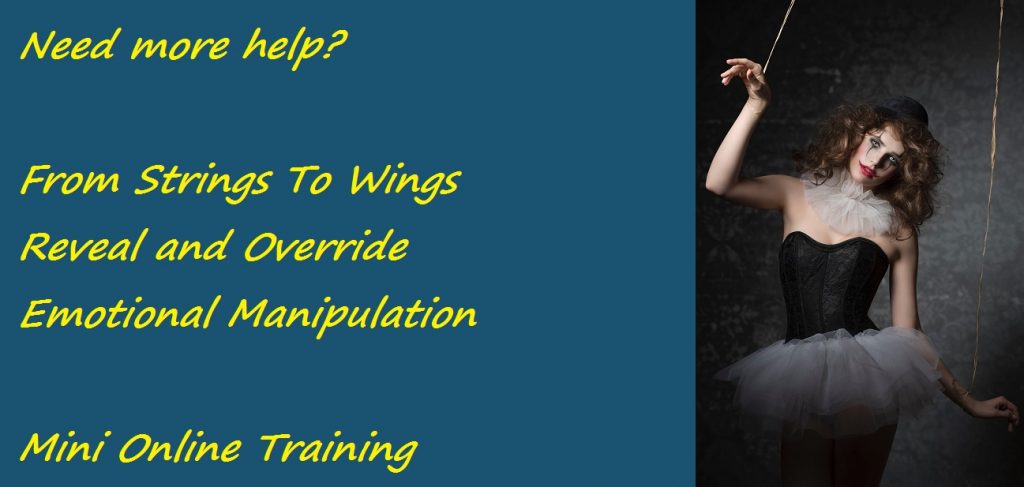Being in body contact with our small children most of the time considered unconventional? Really? How long do you look back in time?
 After the Time Magazine Cover Story: “Are you mom enough?” the age old parenting debate gained new momentum. Interestingly we easily got strongly emotional about it. No wonder: how we were raised awaken powerful feelings and memories in us, and how we raise our kids touches ground within our conscience.
After the Time Magazine Cover Story: “Are you mom enough?” the age old parenting debate gained new momentum. Interestingly we easily got strongly emotional about it. No wonder: how we were raised awaken powerful feelings and memories in us, and how we raise our kids touches ground within our conscience.
Anderson Cooper confronts us with a question on his website:“Are you an unconventional parent?” Initially, the question confused me. What is unconventional? Is it the millions of years old affectionate, closeness seeking child rearing or the less than hundred years old stimuli-response based non-affectionate style? And more importantly: which advice should we follow?
In understanding their differences, we need to see these two distinct approaches and their theoretical backgrounds.
When researchers made cross cultural comparisons with the Ainsworth “Strange Situation Test” which was the first measurement of the attachment type, they were not able to conduct the test with Bushman mothers and babies because the mothers were not willing to leave their baby alone for three minutes. It is reasonable to believe that baby left alone in the middle of the Savannah would face certain death. Although the observation happened in our time period, the Bushman lifestyle is quite close to our ancestor’s life. As our genetic changes are delayed compared to the environmental changes, our present genetic makeup is selected to function best in that hunter-gatherer environment.
Everything that would have been bothersome then is stressful now. If a baby is left alone means certain death, we can understand why babies seek constant contact with their care–giver.
Sensitive mothers often report the reciprocal feeling; they experience the separation anxiety if they have to leave the child even in a secure place. Tribal culture and rural environments tend to follow the ancient pattern with lots of body contact and long lasting easy accessibility between mother and child.
Blame the industrialization! Nowadays, due to the women’s work commitment, Eden has gone and babies have lost their possibility to stay within reach of mom.
The opponents state that the baby needs to learn soothing on their own. The care giver has to control basically everything without any concern whatsoever to the baby’s needs or wants. Where do these ideas originate?
In the beginning of the XXth century when psychology only begun to unfold its wings, a powerful movement started in America whose objective was to purify the new science and investigate only those subjects that are scientifically measurable. In this approach behavior stayed in the focus of attention. At first they ignored feelings, thoughts, evaluations, and anything which can be reached by the sinful “introspection”. Later they denied the latter’s mere existence. Even consciousness fell into this category.
What they discovered was incredibly trainable learning machines. Yes, they were right: consequent stimuli-response sequences wide range of behavior can be taught to lab rats – which were their main experimental objects – and almost anything can be taught to humans.
Is it a surprise? Hardly. Behavior ecologists claim that one of the “species specific” characteristics for humans is the incredibly high capability of learning. From the evolutionary point of view: the lower a species is on the “evolutionary ladder”, the more its genetic inheritance leads its behavior. The higher a species is in the evolutionary ladder, the more learning controls the behavior.
Even though capability of learning can be the highest among people compared to the animal kingdom, it is a mistake to believe we don’t have anything else like feelings, instincts or inner motivation.
You might sit before the window and be looking out into the thin air. From the behavior perspective that’s it and nothing more. At the same time, inside you, you can daydream about your future, you might replay the kind words what your spouse whispered in your ear last night, or you might be raging about your boss who gave a promotion to your less talented but two faced opponent. Subjectively, this is what matters, not merely the sitting and looking.
Translating it to the child rearing, you can teach your children that no matter how long she cries, you will not go into the room. Sooner or later she would stop crying. It is the behavior part. What is not that obvious from the behaviorist perspective is that during the process, she learns that you (and through you the whole world) is not good to fulfill her needs, crying (or communicating negative feelings) is not worth it because there is no reply, and that she is not worthy enough for you (and the world) to respond to her call.
In other words: you build up trust issues, avoidant communication style and low self-esteem.
If you are an orthodox behaviorist, you might say this is untrue! There is no such thing as trust, communication style and self-esteem, only the conditioned answer. Then you don’t have to consider how you can support its development in your child. But if you think it was an oversimplified theory of the 1930-es, then it’s high time to revise its practical implication to child rearing.
For today psychologists agree that over the stimuli-response conditioning, children learn mostly from modeling their parents’ behavior. The first point is when children learn something about empathy when their parents empathize with them. Later on they have to learn to imagine themselves in the other’s situation and predict others’ state of mind. However, this all builds up on their original experience that the care giver understood and responded to their needs.
Taking their requests seriously, we also model respect for a person and for feelings in general. Sure enough, the opposite is true. If we don’t consider the child’s feelings, we should not be surprised if the child grows up and doesn’t respect the care giver’s feeling either.
Cognitive development goes hand in hand with emotional development. If we ignore that, the child naturally seeks closeness for security and she might experience a wide variety of feelings while exploring the world. We might compromise her balanced development.
Theory in practice: with all my respect to Mr. J.B. Watson for his contribution to the theory of behaviorism, I need to reveal that his strict, learning-theory based non-affectionate child rearing practice ended up with deeply injured children. Two of them committed suicide, and a third one struggled with his physical and mental health until his early death. You can read about it from first hand in the following book: Mariette Hartley: Breaking the Silence
Learning theory is valuable and working, but it is only a piece of reality. We cannot restrict ourselves and our child rearing practices to such a narrow attention path which concentrates only the immediately observable behavior of a child. There is so much more in the background that needs to be considered: the early experiences and the type of the attachment, building up trust, teaching communication, supporting cooperation, emotion regulation just to name a few.
Seeing the cultural history of humankind and the different approaches of the psychology itself, the secure bonding, closeness seeking, the long nursing way of child rearing is far more conventional then fallowing the methods of a last century intentionally narrowed scientific approach. Moreover: more and more data suggest that it is much healthier than the last century affection-denying style.





 After the Time Magazine Cover Story: “Are you mom enough?” the age old parenting debate gained new momentum. Interestingly we easily got strongly emotional about it. No wonder: how we were raised awaken powerful feelings and memories in us, and how we raise our kids touches ground within our conscience.
After the Time Magazine Cover Story: “Are you mom enough?” the age old parenting debate gained new momentum. Interestingly we easily got strongly emotional about it. No wonder: how we were raised awaken powerful feelings and memories in us, and how we raise our kids touches ground within our conscience.




